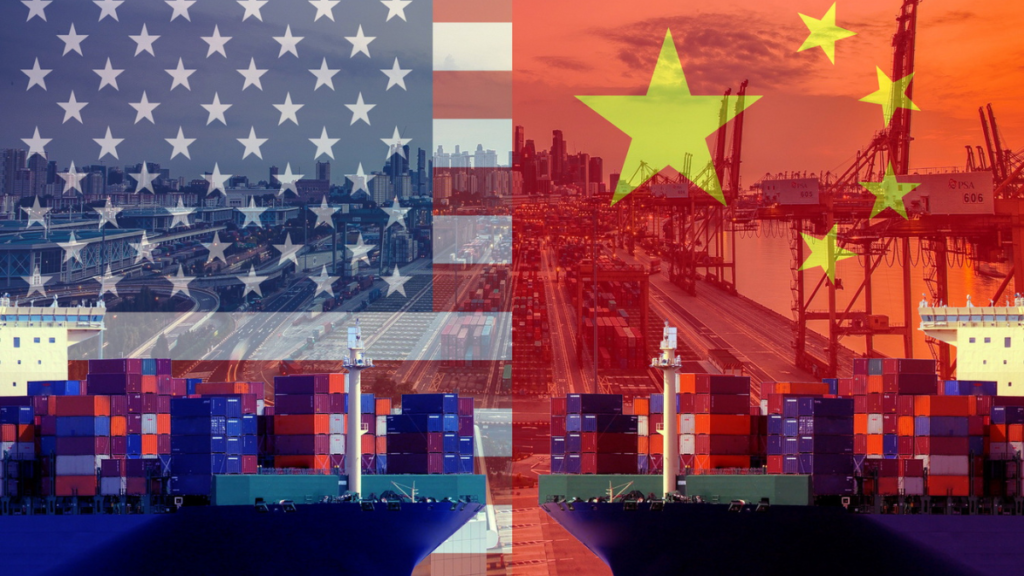In light of escalating tariff threats from the United States, several Asian economies are proactively adopting measures to mitigate potential economic repercussions. These strategies aim to balance trade deficits with the U.S. and safeguard their export-driven industries.
Increased U.S. LNG Imports
At least six Asian countries are planning to boost imports of U.S. liquefied natural gas (LNG) as a strategy to reduce trade imbalances and avert further tariff impositions. The U.S., having lifted a moratorium on new LNG export permits in January, is set to add approximately 100 million tons annually by 2031.
- Japan: As the world’s second-largest LNG importer, Japan is set to import a record amount of U.S. LNG to diversify its energy sources and address a $56 billion trade deficit with the U.S.
- South Korea: Ranked third globally in LNG imports, South Korea plans to increase U.S. LNG purchases to stabilize energy supplies amid Middle Eastern tensions.
- India and Taiwan: Both nations are considering heightened U.S. LNG imports to reduce their trade surpluses with the U.S.
- Bangladesh: The country has signed an agreement to purchase up to 5 million tons of U.S. LNG annually.
- Vietnam: Having recently commenced LNG imports, Vietnam views increased U.S. LNG purchases as a means to ease trade tensions.
Taiwan’s Semiconductor Strategy
Taiwan, home to the semiconductor giant Taiwan Semiconductor Manufacturing Company (TSMC), is proactively addressing potential U.S. tariffs targeting foreign-made semiconductors. The proposed tariffs are part of President Trump’s initiative to repatriate semiconductor production to the U.S. Taiwan’s Deputy Economy Minister, Cynthia Kiang, is currently negotiating with U.S. officials, while TSMC’s board is convening in Arizona to formulate responsive strategies. Analysts caution that imposing tariffs on TSMC could disrupt existing subsidy agreements and impose significant taxes on its operations, potentially affecting global supply chains.
South Korea’s Economic Outlook
The Korea Development Institute (KDI) has revised South Korea’s 2025 economic growth forecast downward to 1.6%, a 0.4 percentage point decrease from previous estimates. This adjustment reflects concerns over the negative impact of U.S. tariffs on key South Korean export sectors, including steel, aluminum, and semiconductors. Domestic challenges, such as slowing consumer spending and political instability following the impeachment of President Yoon Suk Yeol, further contribute to the nation’s economic uncertainties. South Korea is exploring negotiations and international collaborations to mitigate the adverse effects of these tariffs.
Market Reactions and Future Projections
Asian stock markets have exhibited mixed responses following the tariff announcements. While markets in Hong Kong fluctuated and those in Shanghai and Singapore declined, indices in Seoul, Sydney, and Taipei experienced gains. Concurrently, gold prices have surged to record highs, surpassing $2,938, as investors seek safe-haven assets amid escalating trade tensions.
Economists warn that the imposition of higher U.S. tariffs could halve the U.S. trade deficit and boost nominal income. However, these measures may also lead to unintended consequences, including higher prices for consumers, supply chain disruptions, and potential retaliatory actions from affected countries. The long-term impact on global trade dynamics remains uncertain, with the potential for both economic and strategic risks.
In summary, Asian economies are actively implementing strategies to counteract the challenges posed by increased U.S. tariffs. While initiatives such as augmenting U.S. LNG imports and engaging in diplomatic negotiations may offer temporary relief, the broader implications of these protectionist policies necessitate ongoing monitoring and adaptive economic planning.
